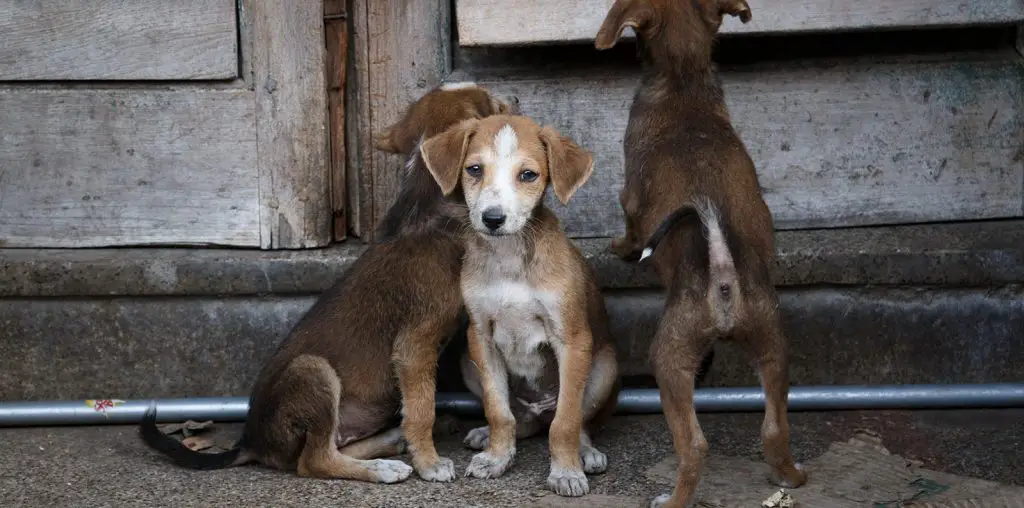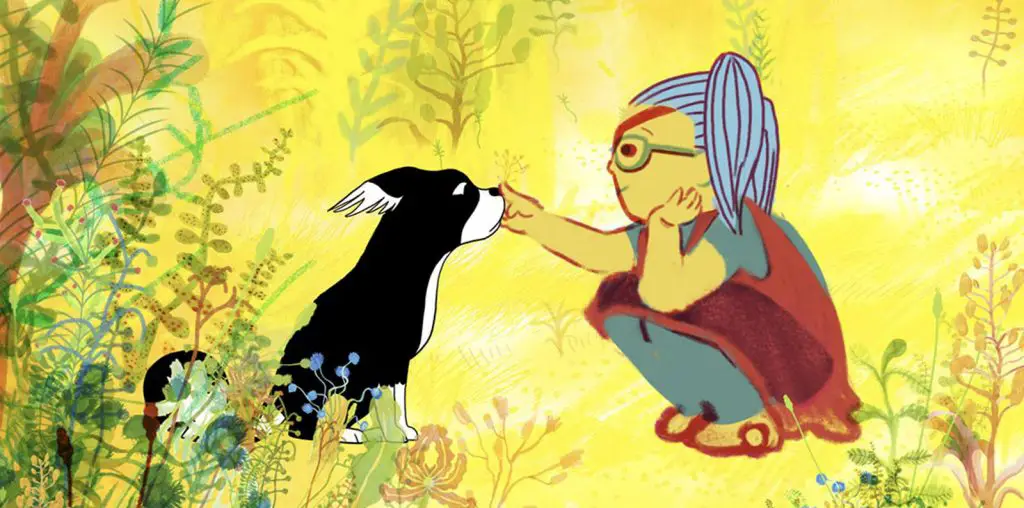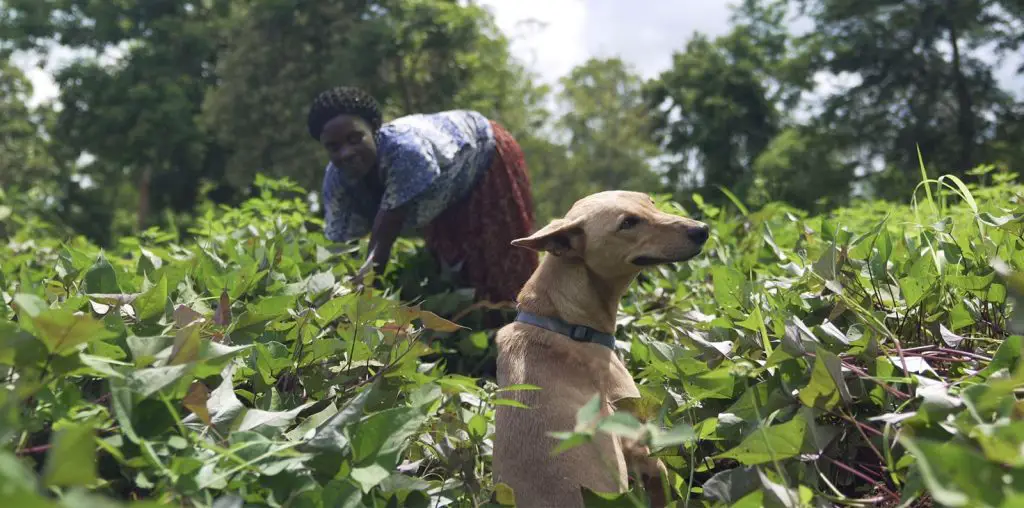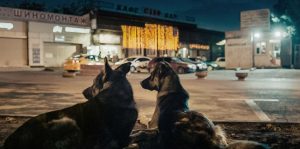
Laika, the first living creature shot into space, was a stray dog from the streets of Moscow. Taken against her will and subjected to horrifying experiments, she was left to die alone in the cold and endless expanse of space. Legend says her spirit haunts the streets of Moscow and accompanies her descendants to this very day. At least, that’s the premise of Elsa Kremser and Levin Peter’s “documentary” Space Dogs.
I use quotations because I’m not quite sure the movie fits into that category. At the very least, it certainly stretches the definition of the word. While it shares many similarities with several nature documentaries, it does not, however, make a great deal of sense.
Aleksey Serebryakov’s dry voice-over narrates the process of finding and training Laika for her fatal mission. Interspersed throughout is footage of two street dogs; they’re ostensibly Laika’s descendants though I assume the Kremser and Peter are taking some poetic license and didn’t check their pedigree. We follow the dogs through their daily lives of trying to find food, escaping predators, charming the tourists for treats, fighting, and killing. The lives depicted in Space Dogs are brutal and strange. Two fierce, but ultimately powerless, creatures trying to survive in a world that was not made for them.
Now that’s all well and good, but at the very beginning, they talk about the legend of Laika’s ghost haunting Moscow and living beside her descendants, and we get none of that. The cinematography is beautiful and horrifying, but I don’t quite understand what it has to do with Laika. Now, this might just be my limited understanding of Russian cinematic tropes or the poetic nature of the co-directors, but Space Dogs left me flustered and confused.
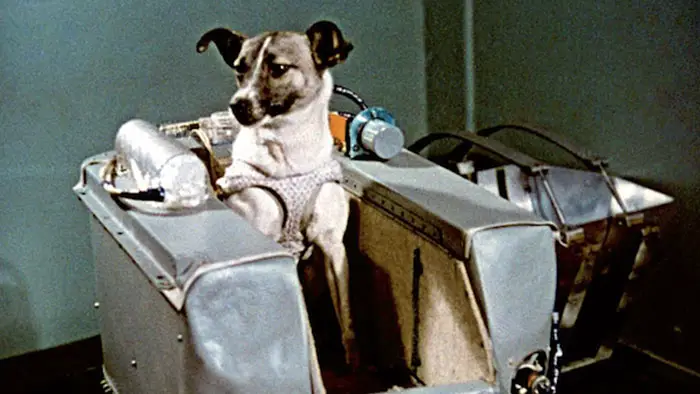
“…narrates the process of finding and training Laika for her fatal mission.”
The shifts to archival footage of the process they used to choose Laika is abrupt. A barrage of horrifying tests is performed to see which dogs would best survive the rigors of space travel. Presented without any explanation, the viewer is left to figure out the connective tissue between the previous nature documentary and the scenes of dog torture. And again, here Space Dogs just left me in the dust. If there is a larger point being made, I can’t quite put my finger on it.
Though I will say that choosing to do a documentary from the perspective of a dog is refreshing. At no point in Space Dogs do we get any human’s point of view. There aren’t any justifications or explanations for the dog torture; we simply observe the canines difficult street life and the even worse fate of being chosen for experimentation. With the bare minimum of narration, the filmmakers keep the focus squarely on Russian dogs instead of scientific advancement or political propaganda.
Shooting like a nature documentary reconceptualizes a human city as a strange and alien place—a dangerous landscape that has to be navigated with an abundance of caution. From the dogs’ perspective, a city is almost inhospitable, and death is always just seconds away.
In the end, I feel as though Space Dogs has a lot to say about… something. I’m just not really sure what it is. Perhaps that was part of Kremser and Peter’s plan? To present information and allow the viewer to find the meaning. If that is the case, I might be too dense to get it.
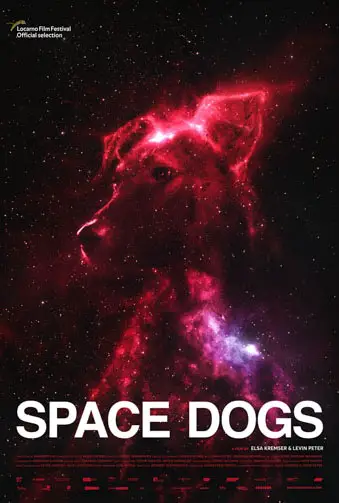
"…left me flustered and confused."
